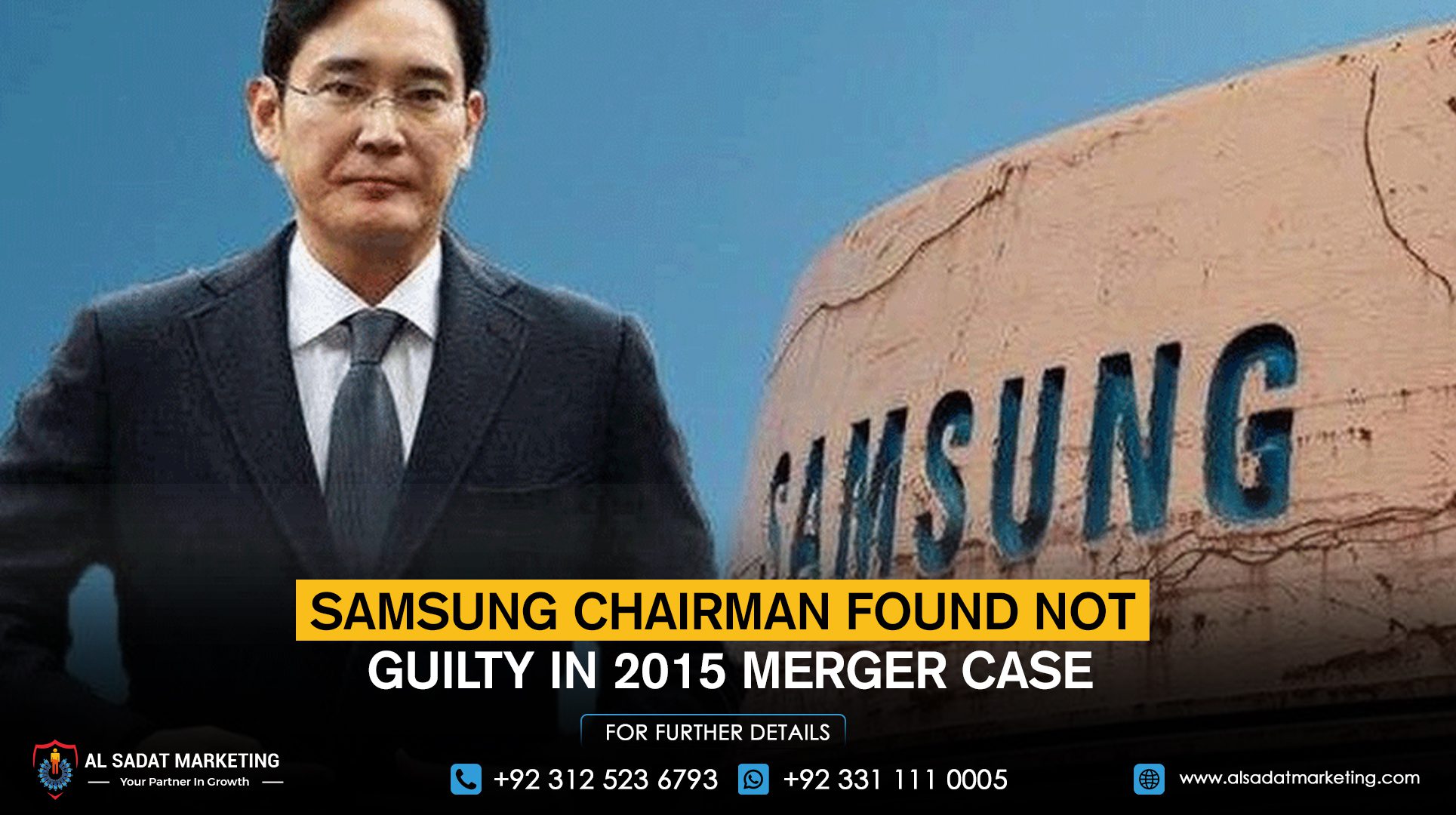The Supreme Court of South Korea affirmed a lower court decision on Thursday that cleared Jay Y. Lee, the chairman of Samsung Electronics, of allegations of stock manipulation and accounting fraud related to a contentious 2015 merger between two Samsung affiliates.
The ruling by the top court removes a major obstacle for the de facto leader of South Korea’s largest company and puts an end to a lengthy legal battle that has lasted almost ten years. Following his father Lee Kun-hee’s crippling heart attack in 2014, the $8 billion merger, which involved Samsung C&T Corp and Cheil Industries, was generally viewed as a calculated step to strengthen Lee’s hold on the vast tech conglomerate.
The Supreme Court’s decision upheld the decisions of two subordinate courts that had acquitted Lee of the allegations against him. The prosecution had claimed that the merger harmed shareholder interests and unfairly benefited Lee.
“A layer of legal uncertainty has been lifted by the Supreme Court’s decision, which may benefit Samsung in the long run,” stated Ryu Young-ho, senior analyst at NH Investment & Securities. “His future level of direct and proactive involvement is still unknown, but if the owner becomes more involved, management may be able to concentrate more on long-term projects rather than immediate outcomes.”
After the ruling, Samsung Electronics’ stock increased slightly, closing the day up 1.7%. The legal team representing Samsung conveyed its appreciation for the decision. The company stated in a brief statement that the decision validates the 2015 merger’s legality, which had long been a bone of contention for those who accused the family-run chaebol of having irregular corporate governance.
In light of the ongoing trade tensions between major economies and the growing global competition in the domains of semiconductors and artificial intelligence, business lobby organizations applauded the decision and framed it as a stabilizing step for the national economy.
The Korea Enterprises Federation released a statement saying, “The decision relieves Samsung of a significant legal burden and comes at a critical juncture as the company faces mounting pressure in key high-tech sectors.” “Samsung’s position as a prominent South Korean business is more important than ever.”
The group hoped that Samsung would boost innovation investment, create jobs, and aid South Korea’s post-pandemic economic recovery under Lee’s unrestricted leadership.
Over the past ten years, Lee, 56, has encountered numerous legal difficulties. Before being pardoned by the president in 2022, he completed 18 months of a 30-month sentence in a different case involving a bribery scandal involving former president Park Geun-hye. Notwithstanding these legal complications, Lee officially took up his late father’s position as chairman of Samsung Electronics in 2022.
Lee must now find a balance between securing his hold on the conglomerate and establishing Samsung as a world leader in emerging industries, according to Park Ju-gun, head of the corporate analysis firm Leaders Index.
“He has to consolidate his control while simultaneously defending Samsung’s core businesses and identifying new growth engines,” Park stated.










